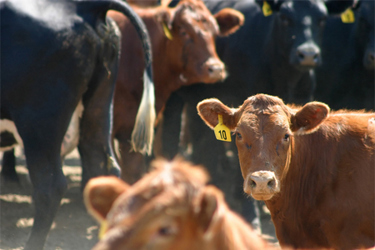Challenges In Developing Medical Devices From Animal-Based Biomaterials In China

Bovine collagen has long been valued as a biomaterial in medical devices due to its biocompatibility, scaffold properties for cell growth, and hemostatic qualities. Despite widespread global use, Chinese regulatory restrictions historically hindered its use in medical devices within China, largely due to concerns over bovine spongiform encephalopathy (BSE, or "Mad Cow Disease"). Since the 2000s, China imposed strict import bans on bovine products from BSE-affected regions, including the U.S., though these restrictions have been gradually lifted following international safety measures.
BSE is a fatal neurodegenerative disease in cattle, transmissible to humans through infected meat, leading to variant Creutzfeldt-Jakob disease (vCJD). With declining BSE cases worldwide, China now permits some bovine imports, especially from countries classified as "negligible risk." Nonetheless, regulatory agencies, like China’s National Medical Products Administration (NMPA), apply rigorous standards to ensure safety in medical devices containing bovine collagen.
dsm-firmenich’s Biomedical division offers expertise in safely sourcing and processing bovine collagen, complying with ISO 22442 standards. Through diligent sourcing and robust safety protocols, their bovine collagen has been approved globally, including China. The company also provides alternative biomaterials like porcine collagen and bioresorbable polymers. Their established Master Files streamline the regulatory process, helping device manufacturers gain NMPA approval efficiently.
Get unlimited access to:
Enter your credentials below to log in. Not yet a member of Med Device Online? Subscribe today.
